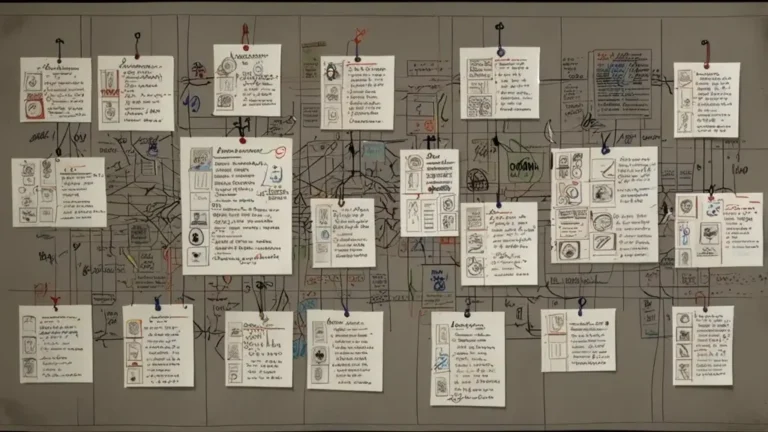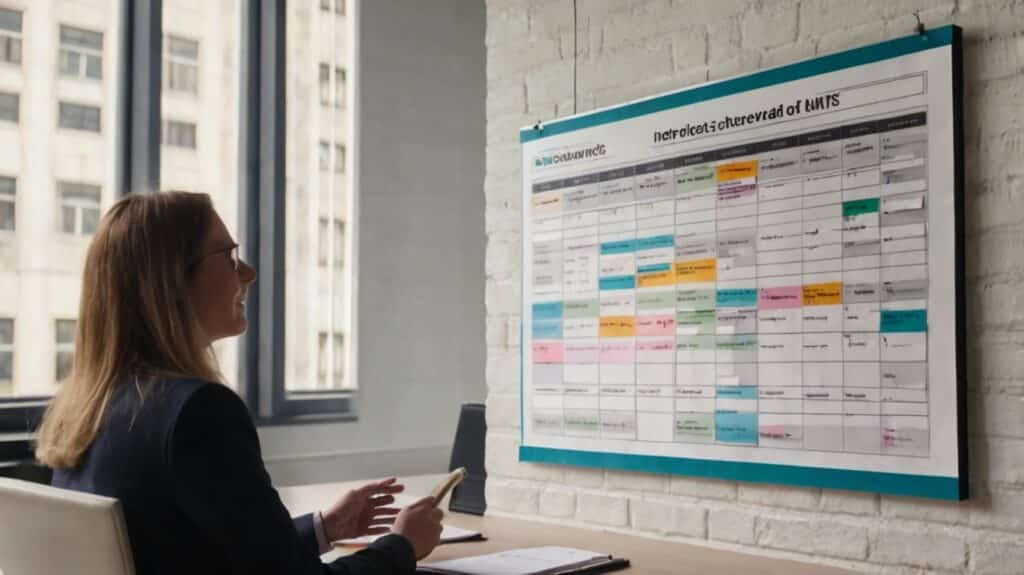Interview
Interview means to know about the inner. The interview is a kind of face-to-face interaction that helps in providing more honest answers and responses from the sample, as the interviewer (the one who is interviewing, i.e., the researcher) works directly with the respondent or the interviewee.
Interview Schedule
It is a widely used tool for data collection in scientific research. P.V. Young explains that the schedule has been utilized to gather a wide range of information, including personal preferences, beliefs, social attitudes, opinions, group practices, behavior patterns, habits, and some other data. The growing reliance on interview schedules may be attributed to the greater emphasis of social scientists on quantifying and collecting data in a standardized manner. Therefore, it is commonly used tool in quantitative research.
Types of Interview
There are the following types of interview;

Structured Interview
Structured interviews are those interviews in which the questions that are to be asked of the respondents are prepared and preplanned in advance by the researcher. The researcher imposes those prepared questions on the respondents serially and notes down the answers given by them.
Unstructured Interview
These interviews are said to be unstructured and sometimes called non-directive interviews, when the researcher conducts an interaction with the respondent in an informal atmosphere. Nothing is preplanned in advance and questions are open-ended. The response of the sample gives a clue to the researcher to ask the next question.
Semi-structured Interviews
A semi-structured interview involves the interviewer asking a limited number of predetermined questions, while some of the questions are left unplanned to be asked. With semi-structured interviews, you combine the attributes of both structured and unstructured interview styles, which can provide numerous benefits. They provide a platform for impartially comparing candidates and allow for independent investigation of relevant topics.
In-depth Interviews
It is a qualitative data collection method where the researcher conducts a detailed and one-to-one conversation with the participants. In-depth interviews are based on open-ended questions and encourage deep exploration of participant’s thoughts, experiences and feelings. It usually encompasses unstructured or semi-structured interviews. It is suitable for collecting rich and detailed data on a specific topic.

Telephonic Interview
In order to save time and money, the researcher may call the subjects or sample through the telephone and ask them questions to collect data. This method helps save time and energy, but the sample is limited to only the part of the population that has telephones at their residences or offices.
Key-informant Interview
Key informant interviews involve conducting qualitative, in-depth interviews with individuals who possess a deep understanding of the community’s dynamics. The major aim of conducting key informant interviews is to gather insights from a diverse group of individuals, such as residents, community leaders, and professionals, who have first-hand knowledge of the community. It involves a set of (pre-prepared but not rigidly applied) open and closed questions.
Process of Conducting Interview
Before the Interview
We will get an interview from them that is related to our required information. Which type of interview will be? If we determine the structured interview 1st, we need to prepare questions.
Before going into the Field
Information must be obtained about the field, and the interviewer should be familiar with the interviewee’s culture and lifestyle. Required accessories must have to go into the field. We must be conscious of the dress that may be acceptable for the target area.
During the Interview
First introduce yourself, create a friendly environment, behave politely, and create rapport. Do not ask sensitive questions. If the respondent loses his confidence change the question immediately.
After the Interview
All the information should be noted down. Make a detailed and proper report of the interview.
Advantages of Interview
High Responses
The percentage of responses is likely to be much higher than in the case of the questioner.
Greater Depth
It permits greater depth and provides an accurate picture of opinions and feelings.
Flexibility
The interview is more flexible than a questionnaire. The interviewer can elaborate and clarify the questions when the respondent is unable to understand.
Establishment of Rapport
The interview permits the establishment of more excellent rapport and stimulates the respondent to give a complete and valid answer. By establishing a connection, the interviewer can get delicate and confidential information.
Assurance of Confidentiality
The interviewer can give assurance that the facts will be kept confidential and will be used properly.
Two-way Communication
It permits the exchange of ideas and thoughts. It allows giving and taking.
Remove Doubt or Misunderstanding
The interviewer is personally present to remove the doubt or misunderstanding.
Friendly Atmosphere
The interviewer can create a friendly atmosphere necessary for obtaining the desired data.
High Reliability
The data collected through interviews have been found to be more reliable.
Uniqueness
It is the only method used for categories like young children, illiterates, abnormal children, and mentally disabled children.

Disadvantages of the Interview
Expensive
The interview is comparatively a costly affair. The cost per interview is higher than any technique used to collect data.
Bias
Interviewer bias is the major weakness of the interview. Interviewers tend to get data that aggress with their conviction.
Time-consuming
A busy person may prefer to fill out a questionnaire at a convenient time rather than submit to a lengthy interview.
Number of Interviewers
A large number of trained field workers is required to conduct interviews, which entails a lot of expenditures.
Difficulty in Recording
The data obtained from the interview is difficult to record. Writing during the interview affects rapport, and recording affects the conduct of the interview. Thus, writing after the interview leads toward the unconscious selection of the material.
Inappropriateness
The interview does not suit infants, mentally handicapped, and deaf people.
Needs Expertise
As the objectivity, sensitivity, and insight of the interviewer are crucial, a high level of expertise is required to conduct an interview.
Continuous Recording
It makes the interviewee conscious that it takes him away from giving any secrets.
Difference between Questionnaire and Interview Schedule
Often, the terms “questionnaire” and “schedule” are considered synonyms. Technically, though, there is a distinction between these two terms. A questionnaire is made up of a series of questions arranged in a structured manner on a form or set of forms. Typically, these forms are sent or delivered to the respondents, who are expected to carefully read and comprehend the questions before providing written responses in the designated spaces on the form. Here, individuals are required to answer the questions independently.
However, a schedule can also be a collection of forms that include various questions. However, in this scenario, the researcher or field worker engages with the respondent directly in face-to-face interaction, addressing their doubts, providing explanations as needed, and ensuring that their responses are accurately recorded in the designated spaces.
The main difference between these two is that the interview schedule is used in a direct interview on direct observation, and the questions are asked and filled by the researcher himself. The questionnaire is generally handed over to the respondents, who fill it up and return it to the researcher. Therefore, the primary distinction between them lies in the method of data collection.






